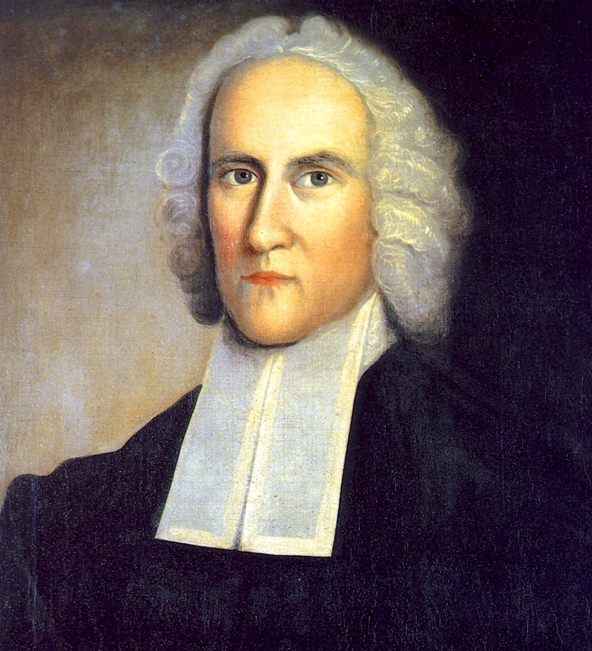Three out of four of the colonists participated in the Awakening. Edwards urged a rebirth of faith, to create a New Man or a New Woman.
This, and similar ideas, as presented by Edwards, had undoubted political overtones. In America, in a characteristically religious context, the thinking elements and the fervid, personal elements were to combine to make Americans see the world with new eyes. There was a strong eschatological element in Edwards and many other preachers. Those who listen to him were left with the impression that great events were impending. In his last work, going through the presses at the time of his death in 1758, he was persuaded that man was born in the image of God and could do all - his capacities were boundless. In human history, Edwards wrote, 'all the changes are brought to pass ... to prepare the way for the religious issue of things that shall be when truth and righteousness shall finally prevail.' At that hour, God 'shall take the kingdom' and Edwards said he looked towards the dawn of that glorious day.'
''Tis not unlikely that this work of God's Spirit, that is so extraordinary and wonderful, is the dawning, or at least a prelude, of that glorious work of God so often foretold in Scripture, which in the progress and issue of it shall renew the world of mankind ... And there are many things that make it probable that this work will begin in America.'
It was the spirit of the Great Awakening among the masses which enable the popular enthusiasm thus aroused to be channeled into the political aims of the Revolution - itself soon identified as coming eschatological event. The Revolution could not have taken place without this religious background. The American Revolution, in its origins, was a religious event. That fact was to shape the American Revolution from start to finish and determine the nature of the independent state it brought into being.

